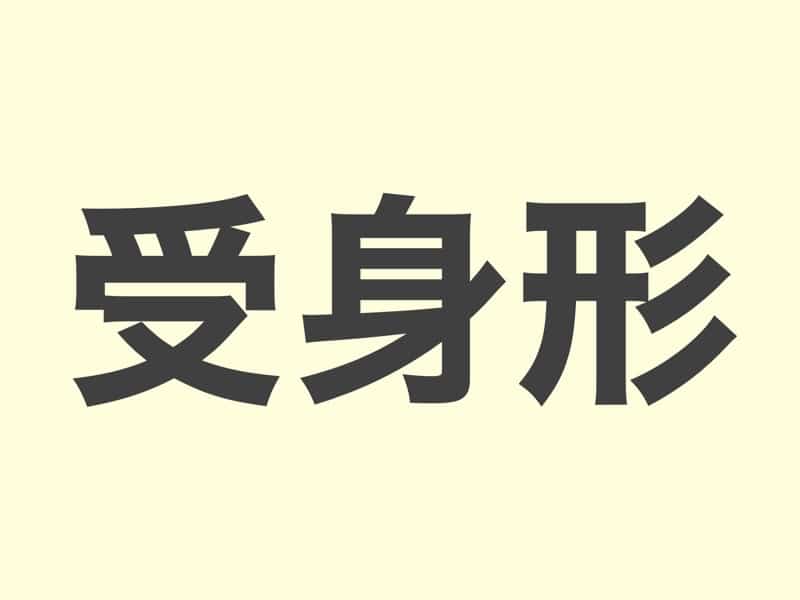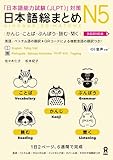In this guide, we’ll break down the rules for conjugating verbs into the passive form across different groups, giving you the tools you need to use it confidently in your conversations. Let’s explore the nuances of the passive form in Japanese!
JLPT Textbook Recommendations
Group 1 (U-Verbs)
Rule: Change the last “i” sound in the verb to “e,” then add “remasu.”
| Verb(masu form) | Passive Form |
| いいます (iimasu) | いわれます (iwaremasu) |
| かきます (kakimasu) | かかれます (kakaremasu) |
| おします (oshimasu) | おされます (osaremasu) |
| まちます (machimasu) | またれます (mataremasu) |
| よびます (yobimasu) | よばれます (yobaremasu) |
| ふみます (fumimasu) | ふまれます (fumaremasu) |
| とります (torimasu) | とられます (toraremasu) |
Group 2 (Ru-Verbs)
Rule: Simply remove ます (masu) and add れば (reba).
| Verb(masu form) | Passive Form |
| ほめます (homemasu) | ほめられます (homeraremasu) |
| みます (mimasu) | みられます (miraremasu) |
Group 3 (Irregular Verbs)
Rule: These verbs are irregular and must be memorized.
| Verb(masu form) | Passive Form |
| します (shimasu) | されます (saremasu) |
| きます (kimasu) | こられます (koraremasu) |
Direct Passive
The subject of the sentence is affected directly by the action of another person or thing.
- [Person] に [Action in passive form]
This emphasizes the person affected by the action.- 部長に褒められました。
(I was praised by the manager.) - 部長に仕事を頼まれました。
(I was asked to do work by the manager.) - 部長に叱られました。
(I was scolded by the manager.)
- 部長に褒められました。
This type is common when the focus is on how the subject experiences the action (positive or negative).
Indirect Passive
The subject is indirectly affected by someone else’s action, often resulting in discomfort, annoyance, or loss. This is sometimes called the “adversative passive”.
- 電車で誰かに足を踏まれました。
(Someone stepped on my foot on the train.) - 泥棒に自転車を取られました。
(My bicycle was stolen by a thief.)
Event Passive
The passive is used to describe events, facts, or actions involving non-living things. The focus is on the action or result, rather than the agent performing it.
- 1958年に東京タワーが建てられました。
(Tokyo Tower was built in 1958.) - パリでオリンピックが行われました。
(The Olympics were held in Paris.)
This type is frequently used for news, announcements, or descriptions where the action itself is important.
State or Habitual Passive
Used to describe general truths, habits, or ongoing states where the action is regularly or widely done.
- ブラジルではポルトガル語が話されています。
(Portuguese is spoken in Brazil.) - このワインはフランスで作られています。
(This wine is made in France.) - 『星の王子さま』はいろいろな言語に翻訳されています。
(The Little Prince has been translated into various languages.)





コメント